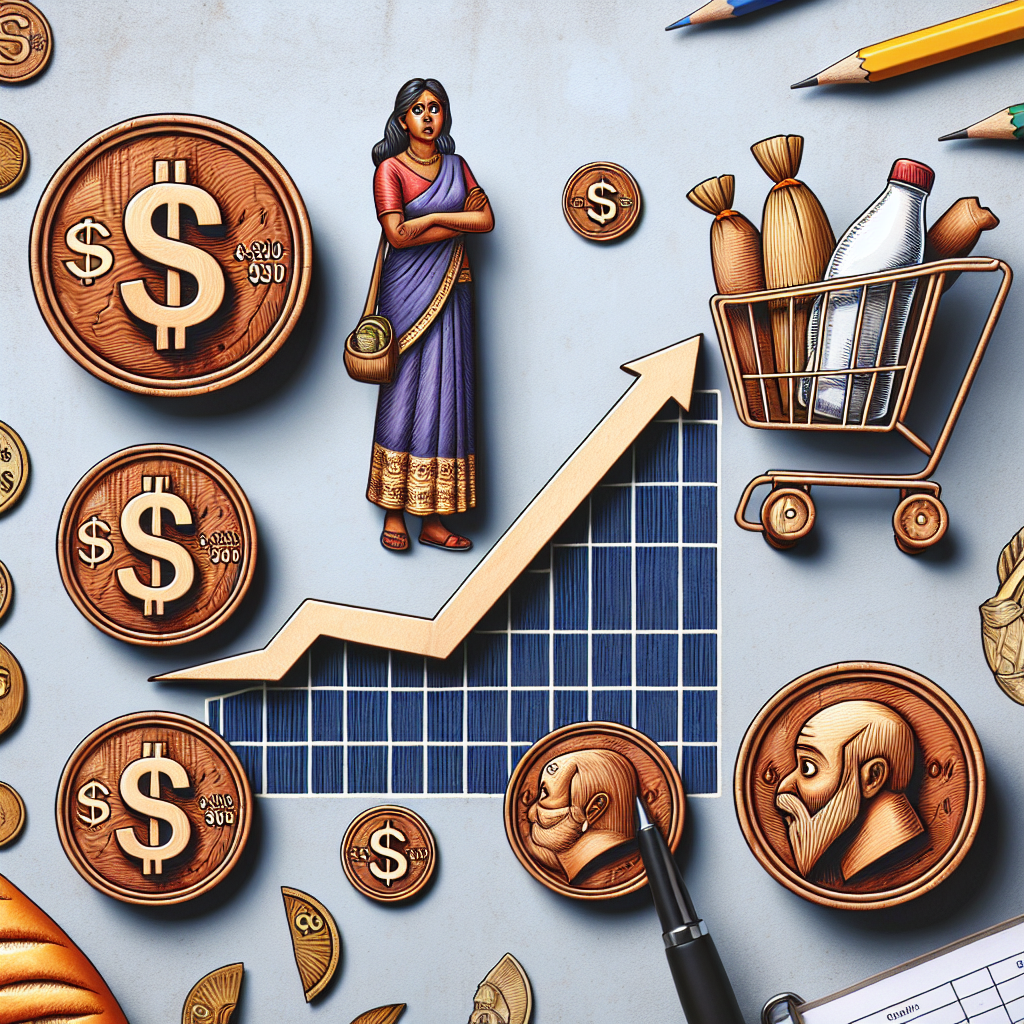Inflation's Uncertain Path with Trump's Election
Inflation experienced a slight rise in October, potentially leveling off after a lengthy cooling period. Vice President Kamala Harris' election loss and Donald Trump's victory inject uncertainty into future inflation trends. Trump's policies, while boosting optimism, could also exacerbate inflation. The Fed anticipates a bumpy but downward inflation trajectory.

- Country:
- United States
For the first time in seven months, annual inflation appears to have ticked up in October, signaling a potential plateau in the previously declining price increases. Economists surveyed by FactSet estimate a 2.6% increase in consumer prices over the past year, up from 2.4% in September.
The rising prices have stirred concerns that the Federal Reserve might not reduce its interest rates as earlier anticipated. The changing economic landscape follows Donald Trump's recent presidential election win, introducing uncertainties to inflation trends due to his proposed economic policies. Trump's efforts to curb inflation include expanding oil and gas drilling, but economists warn that his trade policies might fuel inflation further.
Fed Chair Jerome Powell remains optimistic, suggesting that while inflation is expected to continue decreasing towards the 2% target, the path will likely be uneven. Factors like higher used-car prices and airfares have contributed to inflation, while clothing, groceries, and energy prices fell, offering mixed signals about the overall economic direction.
(With inputs from agencies.)
ALSO READ
Bank of Japan Holds Steady on Interest Rates Amid Inflation Forecast
Bank of England Slashes Interest Rates Amid Inflation Dip
U.S. Stocks Leap as Fed Cuts Interest Rates Amidst Trump's Presidential Return
Norway's Interest Rates Hold Steady at 16-Year Peak
Federal Reserve's Dilemma: Navigating Interest Rates Amid Trump's Economic Proposals










